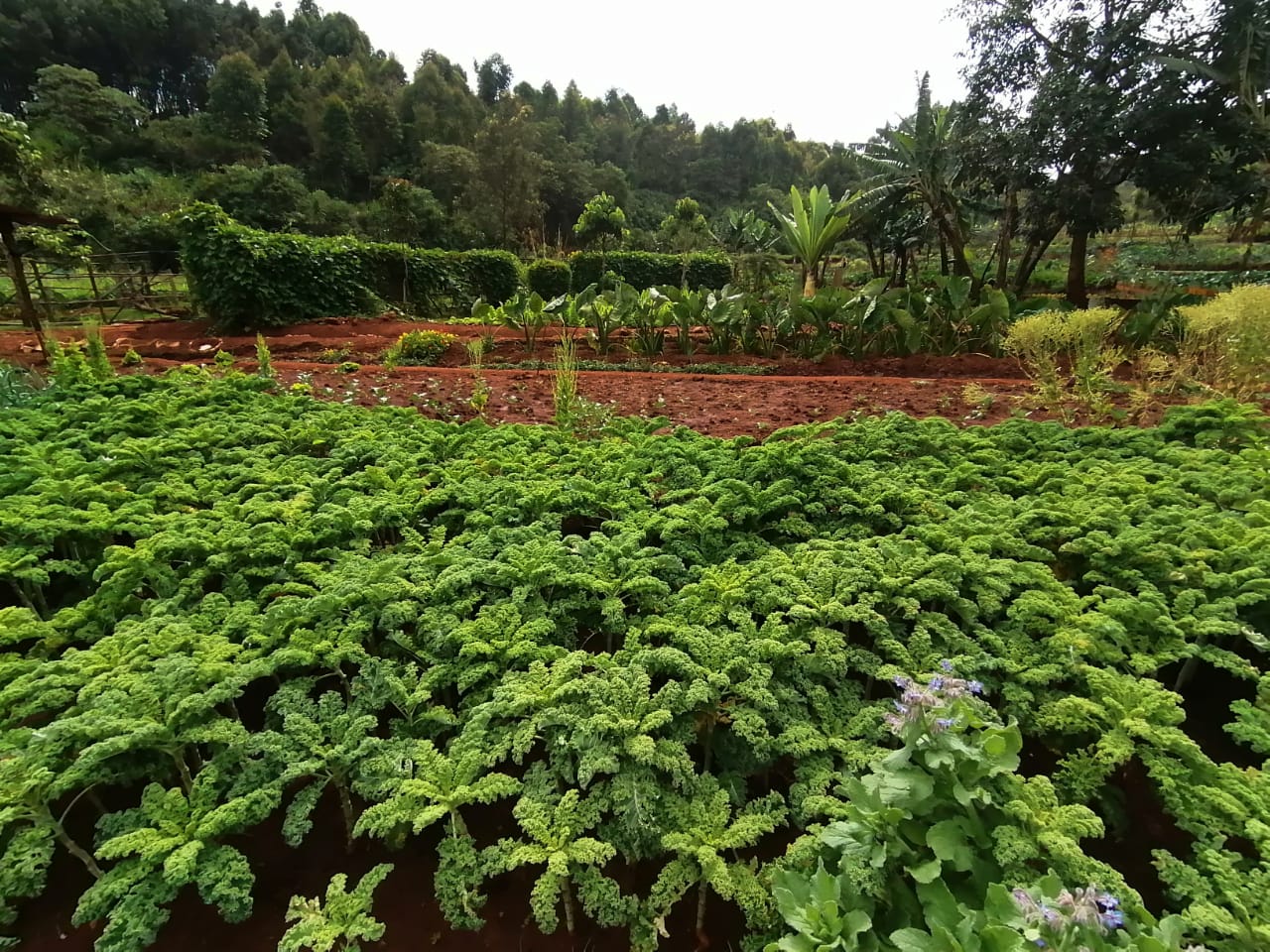In the digital age, farm management software has emerged as a powerful tool for farmers to optimize their operations, streamline administrative tasks, and make data-driven decisions. By integrating various data sources and offering features such as farm planning, inventory management, and financial tracking, comprehensive farm management software solutions have become essential for enhancing farm output. In this article, we will delve into reputable sources, including academic scientific journals and published books, to provide a step-by-step guide on how farmers can leverage farm management software solutions to improve their overall productivity.
1. Assessing Your Farm’s Needs:
To begin, it is crucial to assess your farm’s specific requirements and objectives. Dr. Michael Anderson, an expert in agricultural technology, recommends conducting a thorough analysis of your farm’s operations, identifying pain points, and determining the areas that can benefit from digital management solutions. This initial evaluation will help you choose the most suitable farm management software for your needs.
2. Choosing the Right Farm Management Software:
When selecting a farm management software solution, it is essential to consider factors such as scalability, ease of use, and integration capabilities. In his book “Digital Farming: Transforming Agriculture Through Technology,” Professor David Johnson emphasizes the importance of selecting software that seamlessly integrates with existing systems and equipment, allowing for smooth data flow and reducing the risk of data fragmentation.
3. Streamlining Farm Planning:
Farm planning is a critical component of optimizing productivity. Farm management software offers advanced planning tools that leverage data analytics and historical data to assist farmers in making informed decisions. According to research published in the Journal of Agricultural Science, utilizing digital platforms for farm planning results in more efficient resource allocation, improved crop rotation, and optimized planting and harvesting schedules.
4. Simplifying Inventory Management:
Efficient inventory management is crucial for minimizing waste and maximizing profitability. Farm management software solutions enable farmers to accurately track inventory levels, monitor input usage, and forecast future requirements. The book “Modern Agricultural Inventory Management” by Dr. Sarah Williams provides valuable insights into how software-driven inventory management can reduce costs, prevent stockouts, and streamline supply chain operations.
5. Financial Tracking and Analysis:
Accurate financial tracking is essential for evaluating the profitability of farming activities. Dr. John Collins, an agricultural economist, suggests utilizing farm management software solutions that offer comprehensive financial tracking features. These features enable farmers to monitor expenses, track revenue, calculate cost per unit, and generate financial reports, ultimately improving financial decision-making and profitability.
6. Leveraging Data-Driven Decision-Making:
One of the most significant advantages of farm management software solutions is the ability to make data-driven decisions. By integrating data from various sources such as weather forecasts, soil sensors, and crop monitoring devices, farmers can gain valuable insights. Research published in the Journal of Precision Agriculture highlights the benefits of data-driven decision-making, including increased crop yields, reduced input waste, and improved resource efficiency.
Farm management software solutions provide farmers with the tools necessary to streamline administrative tasks, optimize farm planning, enhance inventory management, and make data-driven decisions. By leveraging data from various sources, farmers can improve productivity, reduce costs, and achieve sustainable and profitable farming practices. As the agricultural industry continues to embrace digital transformation, it is imperative for farmers to adopt comprehensive farm management software solutions to stay competitive, increase output, and drive their farming operations towards long-term success.


